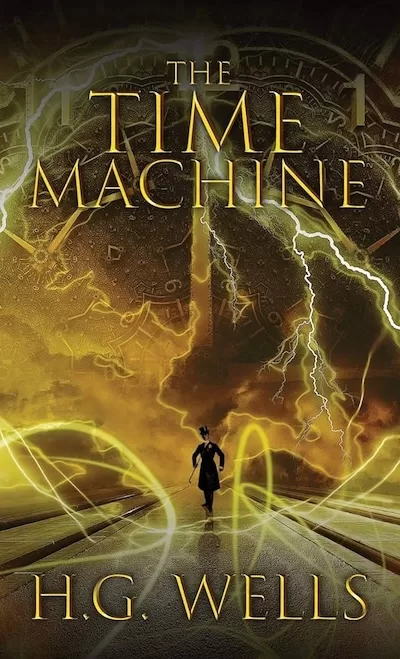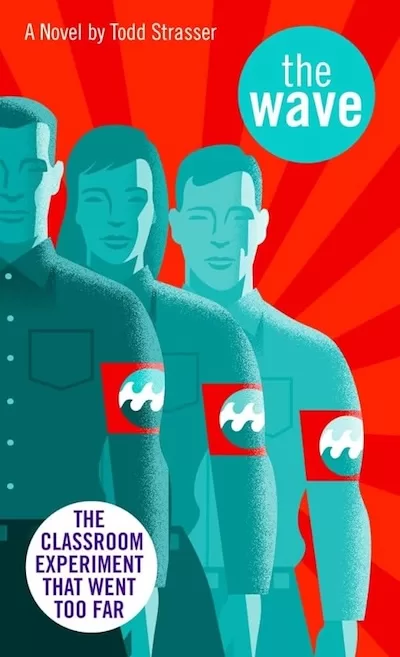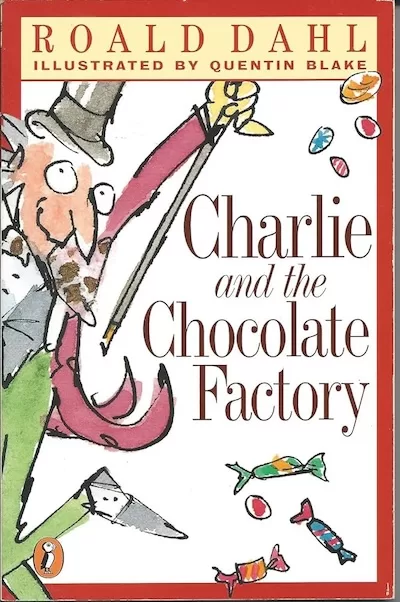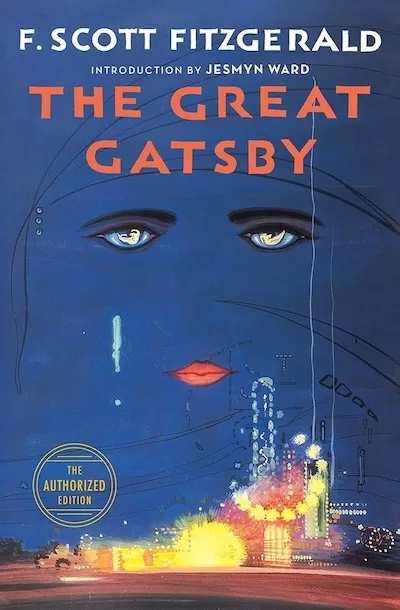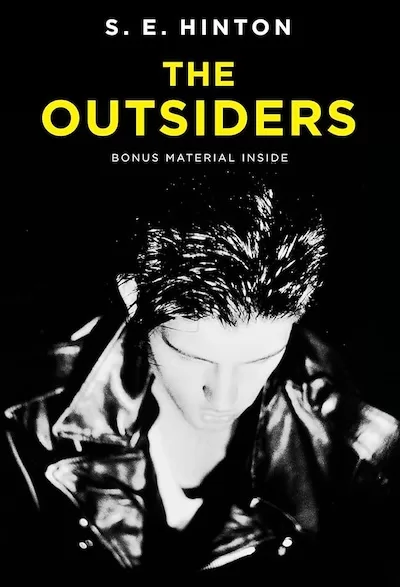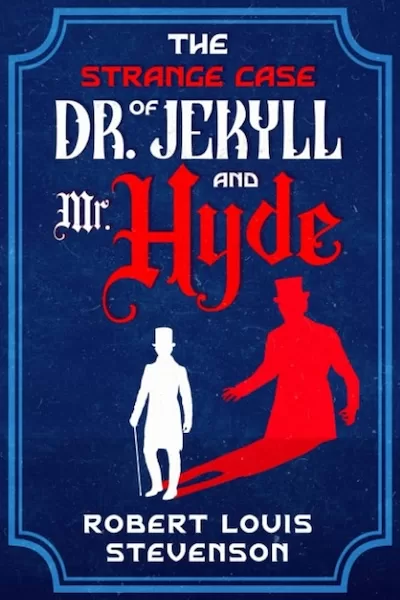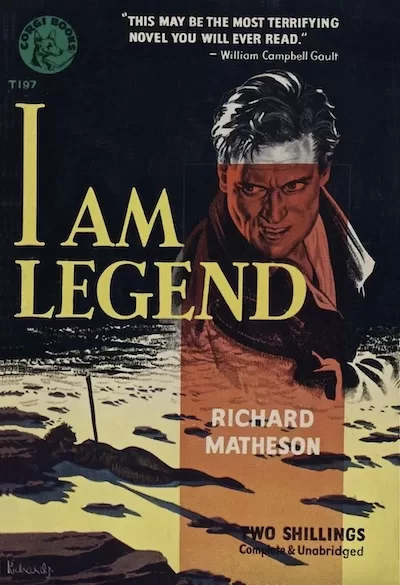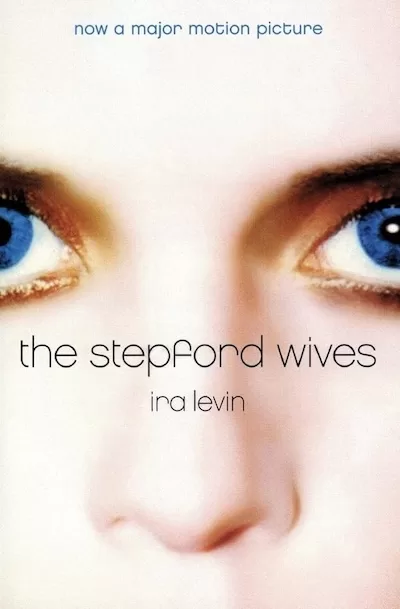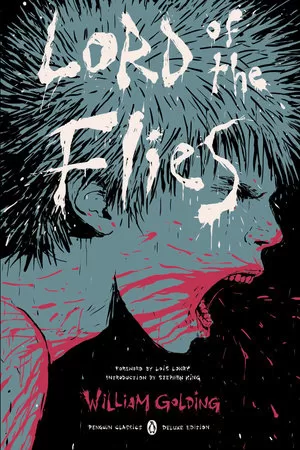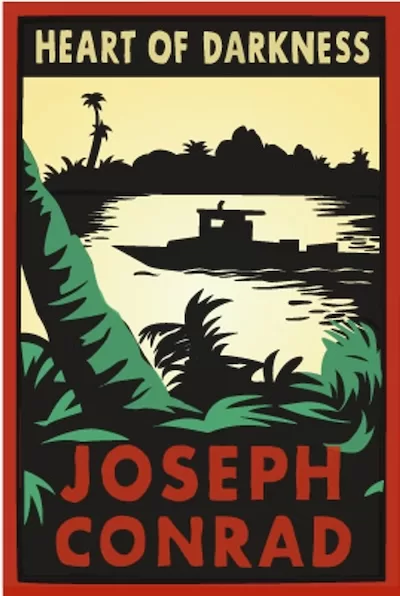My 10 Favorite Novels That Are Shorter Than 200 Pages

I often evaluate books by their impact per page. Massive, 900-page books have to be amazing to justify the huge opportunity cost of whatever else I could have read or done in the hours it took me to read that single book.
By this same logic, short books have a lot going for them because they only take a few hours to read, but the story may linger in my mind for years.
These ten novels are all under 200 pages, and they’re some of my all-time favorites. Every one of them is well worth the time.
*Note: Each book includes an affiliate link from Bookshop.org. If you purchase one, you’ll support me and local bookstores at no extra cost to you. Win-win!
The Time Machine by H.G. Wells
Summary: H.G. Wells broke new literary ground with this book, which popularized the concept of time travel and became the first modern-day science fiction novel. He explores fascinating questions about what could happen to the future of humanity as the gap between the rich and the poor expands.
What I Love About It: I thought I knew this story from watching various TV renditions (such as the delightful retelling I watched as a kid in “Wishbone”), but the book is much richer and deeper than I expected.
The Wave by Todd Strasser
Summary: Strasser’s novel is based on a true story from 1967. A high school teacher named Ron Jones wanted to warn his students of the perils of Fascism — particularly how easy it is to obey orders and lose yourself. So he created a classroom activity that revolved around a movement he called “The Third Wave.” Within one week, many students were hooked on the movement and unknowingly found themselves shouting vaguely Fascist slogans and giving salutes.
What I Love About It: Jones’s classroom experiment was controversial but enlightening, and Strasser found a way to harness those lessons in The Wave.
Charlie and the Chocolate Factory by Roald Dahl
Summary: Dahl is one of the best children’s authors of all time, and this book is a must-read for both kids and adults. Chocolatier Willy Wonka’s goofiness and Charlie Bucket’s innocence will help you rediscover your childish wonder and whimsy.
What I Love About It: I’ve watched the old Gene Wilder movie multiple times, but reading the book gave me the chance to experience the joy anew when Charlie unwraps the chocolate bar with the glorious golden ticket.
The Great Gatsby by F. Scott Fitzgerald
Summary: Nick Carraway’s new neighbor Jay Gatsby seems to have it all: oodles of money, a lavish mansion where he can throw lavish parties, and countless interesting people who want to attend those parties. But there’s one thing Gatsby doesn’t have — the love of his life, Daisy Buchanan — and he enlists Carraway’s help in trying to win over Daisy.
What I Love About It: The Great Gatsby relates the emptiness of fortune and the pangs of love better than any novel I’ve read. It’s also a lurid portrayal of the Roaring Twenties that will make you want to suit up and talk your way into one of Gatsby’s parties.
The Outsiders by S.E. Hinton
Summary: Ponyboy Curtis and his fellow “Greasers” are tired of getting beaten up by the local rich kids, the “Socs.” One day, Ponyboy’s friend Johnny fights back, with devastating consequences. The book is an enduring tale of brotherhood, loyalty, courage, and empathy.
What I Love About It: I was blown away that such a young author could write a book of such emotion and depth. (Hinton wrote most of the novel when she was 16.)
The Strange Case of Dr. Jekyll and Mr. Hyde by Robert Louis Stevenson
Summary: An upstanding doctor named Henry Jekyll writes in his will that upon his death, he’ll bequeath all of his assets to a man named Edward Hyde. Townspeople are surprised because Hyde has a horrible reputation and recently injured a young girl. Concerns about Jekyll’s friendship with Hyde crescendo when Hyde murders an old man named Sir Danvers Carew. But there’s more going on in this relationship than it seems…
What I Love About It: “Jekyll and Hyde” is such a popular concept these days that I didn’t realize how late in the book Stevenson reveals the truth about Jekyll and Hyde. It was fun to read the story with today’s knowledge and consider what a shocker Stevenson’s revelation would have been to United Kingdom readers in 1886.
I Am Legend by Robert Mathison
Summary: It’s hard to set up this story better than the way the publisher describes it: “Robert Neville is the last living man on Earth…but he is not alone. Every other man, woman, and child on Earth has become a vampire, and they are all hungry for Neville’s blood.” Yep, that pretty much covers it.
What I Love About It: If this were just a vampire story, I wouldn’t be interested. It’s also a story of a man’s fight to survive and his loyal friendship with his dog.
The Stepford Wives by Ira Levin
Summary: Walter and Joanna Eberhart move to the beautiful town of Stepford, where every family seems picture-perfect: young, gorgeous, and deeply in love. But when Joanna’s friends begin acting strange, she starts to wonder if there’s something ominous hiding behind the town’s peaceful veneer.
What I Love About It: It’s such a well-told, creepy story. The ending is also difficult to guess ahead of time (unless you’ve seen the movie or someone spoiled it for you), which always makes for a fun thrill ride.
Lord of the Flies by William Golding
Summary: A group of boys turns Darwinian after getting marooned on a small island. Their time away from their mommies and daddies originally seemed like it’d be fun, but things turn violent after divisions form within the group.
What I Love About It: This 1954 book seems to have spawned many other stories of children placed in horrible situations, such as the 1999 book Battle Royale (and its 2008 American copycat The Hunger Games) and TV series like The Wilds (2020–2022).
Heart of Darkness by Joseph Conrad
Summary: Sailor Charles Marlow decides to join an ivory trading firm. After joining the company, he keeps hearing stories about a powerful and enigmatic man named Kurtz. Marlow’s obsession with Kurtz grows until he finally meets the man and discovers the darkness inside Kurtz.
What I Love About It: Conrad expertly builds suspense around Kurtz’s character for a good chunk of the book. The reader meets Kurtz much later than I expected, and the story’s conclusion brilliantly connects back to the book’s title in multiple ways.
Want to become a powerful learner?
Sign up to get my exclusive
10-page guide for leaders and learners.
